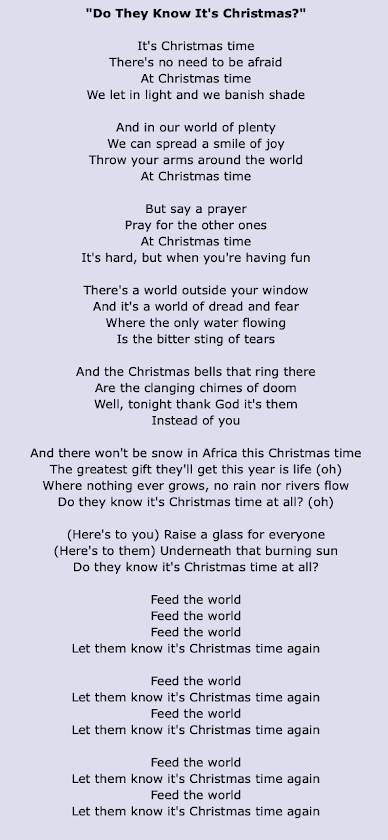Politicising Infrastructure, Materialising Stigma

Violence. When we think of the word, our mind often wanders to images of fighting and war. But this week's blog presents an alternative understanding of 'violence': symbolic. It imagines a concept that is embedded within gendered roles; that which is led by the State and materialises through infrastructure. Arguably, violence can be silent and socially accepted. Rogers and O’Neill understand discrimination as operative through broken, absent or disconnected infrastructure. By distinguishing between those who have access to a safe, nearby water supply and those who don’t, the State maps which citizens are of low social significance, poor economic background and weak political visibility. Across African space and time, such infrastructural violence has targeted women; the second-class citizens of society. Absent or broken supplies condition females to daily walks for water. This is particularly true for rural women, establishing a rural-urban divide that demonstrates t...
